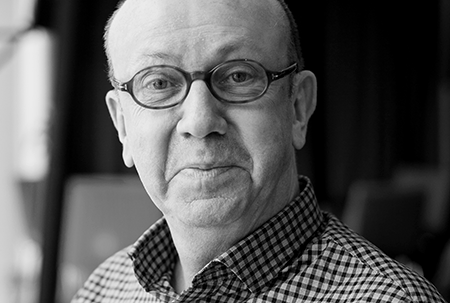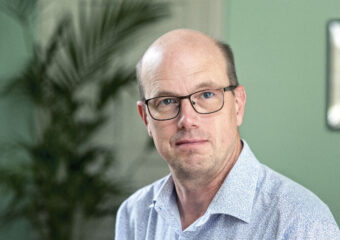This is how SULF contributes to the global development of research
“The entire time, intensive work is underway concerning how we can get the most and the best out of research … “

The problems facing humanity know no boundaries. We all know that economic crises, social unrest or epidemics do not care very much about national boundaries. Neither do the trends that influence research and higher education. Virtually everyone agrees that research and higher education are fundamental to society. Whether you ask governments, international organisations or enterprises, they are all deeply convinced that if there was only enough education and research in their field, it would grow strong and the future would be bright. Ideally, this research should of course be carried out on exactly the issues they are interested in and students should be educated to fit into their specific business interests, right now. The entire time, intensive work is underway concerning how we can get the most and the best out of research and higher education.
Despite its differences, the academic world’s problems appear peculiarly similar around the world. Everywhere there are problems with precarious employment conditions, lack of connection between research and education, lack of academic freedom, larger student groups and increasing time pressure on researchers and academics. SULF actively participates in international cooperation on higher education and research in order to be where new ideas appear and where policies on research and higher education are made. We are not there as an audience either, we sit alongside governments and international organisations around the table to discuss how to get the very best education and the most innovative research. Our platform for this work is our colleagues around the world and our common world organization Education International (EI). SULF actively participates by representing EI, for example in the social dialogue between employers and trade unions in the academic world in Europe, in the working groups that drive the Bologna Process forward and with the EU Commission’s modernisation agenda for higher education.
Many of the individuals involved in these discussions have little experience of how universities work and why collegial decision-making and academic freedom are so important. So if you are wondering why the Yerevan Communiqué (the recent agreement on higher education between education ministers in Europe) contains formulations stating that ministers have committed themselves to supporting university teachers’ right to academic freedom, why the new European guidelines for quality assurance emphasise the connection between research and education by encouraging scientific activity by teachers or why gender equality is a strong theme in the social dialogue, you should know that it is because we and our colleagues were there. And we made a difference. If we had not been there, short-term economic interests would have exerted an even greater impact in terms of the direction of research and higher education being reduced to a question of the employability of the individual, rather than something that contributes to society’s wellbeing.
Cooperation with other countries’ unions strengthens academic freedom, helps achieve good working conditions and the professional autonomy of university teachers and researchers worldwide. Through our international participation and commitment, SULF contributes to the global development of research and higher education. Moreover, the union is also well positioned as concerns educational and scientific policy and labour trends in Sweden.
Lars-Åke Lööv
2nd Deputy Chair of SULF
